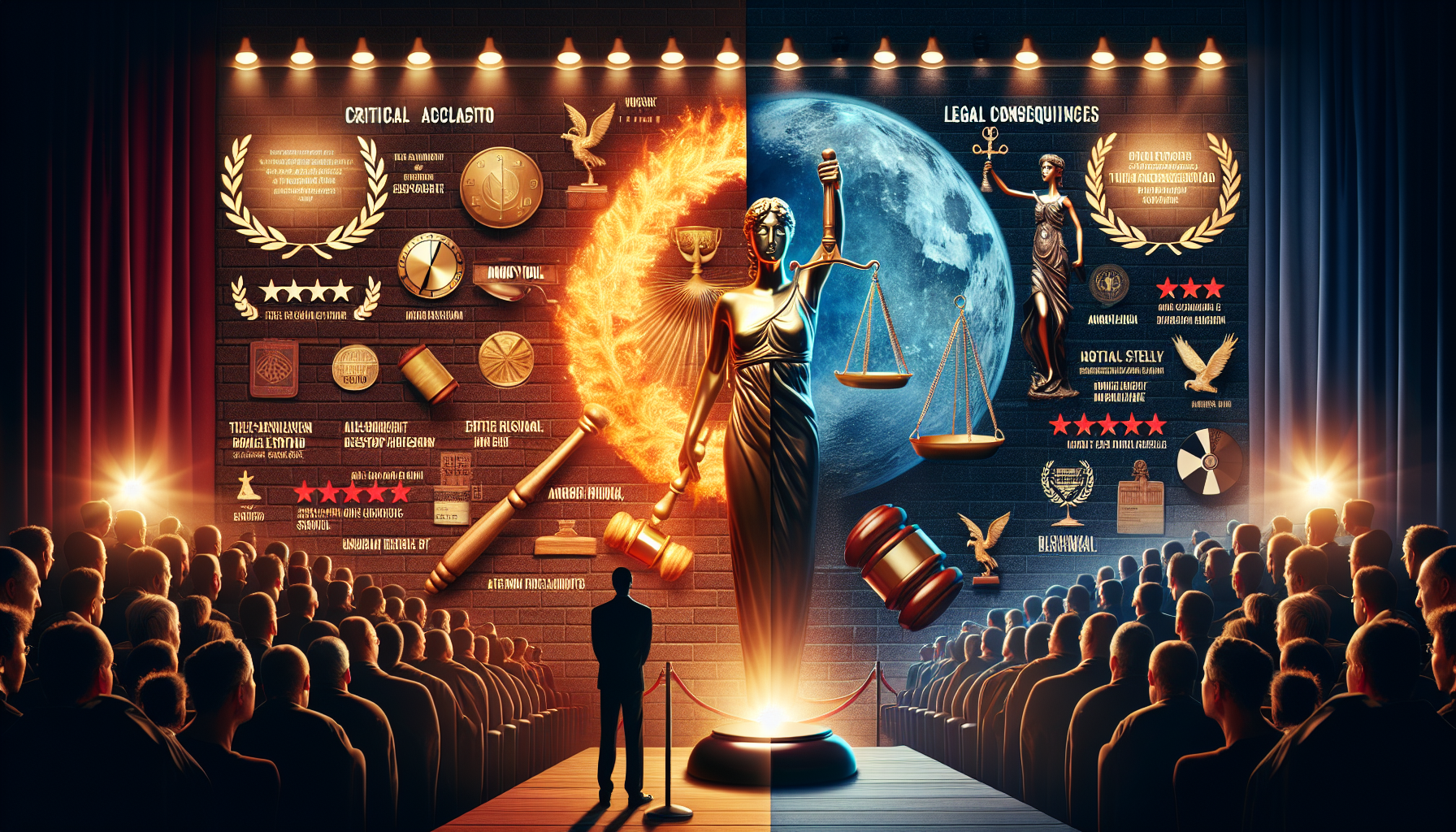In the world of entertainment, success often comes hand in hand with controversy. The case of a Netflix show, created by a Saudi individual, illustrates this perfectly. Despite receiving accolades for its innovative storytelling, the show’s creator found themselves entangled in legal issues, leading to a surprising prison sentence. In this article, we delve into the intricate web of achievement and scandal surrounding this compelling narrative.

Abdulaziz Almuzaini, a dual Saudi-American citizen and esteemed animator, finds himself at the heart of an international dilemma. Known for his groundbreaking work in Saudi Arabia’s blooming entertainment industry, Almuzaini’s journey from creative success to legal turmoil has riveted global attention.
The Rise of Abdulaziz Almuzaini
From an outsider’s perspective, the past few years seemed like the pinnacle of Almuzaini’s career. As the head of a renowned animation studio in Saudi Arabia, his achievements were nothing short of impressive. In 2020, he inked a lucrative five-year deal with Netflix, propelling his satirical cartoon series “Masameer” into the international limelight. Dubbed the “Saudi South Park,” “Masameer” captivated audiences across the globe, earning Almuzaini widespread acclaim.
This period also marked a transformative era for Saudi Arabia, with the conservative kingdom gradually embracing entertainment and valuing local talents. Almuzaini was lauded as a key player in this cultural renaissance, with his work celebrated at various film festivals, including the prestigious Red Sea International Film Festival in Jeddah.
Behind the Curtains: Legal Troubles
However, beneath the surface of such professional accolades, Almuzaini’s life was unraveling in precarious ways. Behind closed doors, he was embroiled in a high-stakes trial in the Kingdom’s opaque national security court. The Saudi authorities accused him of promoting extremism through his cartoon series and social media posts. Facing a potential lifetime in prison or a travel ban, Almuzaini’s plight took a dark turn.
A Public Plea for Help
In a desperate bid for justice, Almuzaini took to social media in a poignant 18-minute video. Standing against a wall adorned with colorful sticky notes, the bearded animator pleaded for the Saudi leadership’s intervention. He candidly shared his fears and uncertainties, awaiting a final ruling from the kingdom’s Supreme Court.
“I might bear the consequences of what happens after this, and I’m ready,” he said, reflecting the gravity of his situation.
Rapid Social Media Response
The video, published on Almuzaini’s social media accounts, sparked a whirlwind of reactions. Although it was deleted the same day, the brief online presence was enough to fuel discussions across various platforms. Supporters and critics alike weighed in on the complex intersection of artistic expression and legal boundaries within Saudi society.
The Broader Impact of Media on Saudi Society
Almuzaini’s case is a glaring example of the delicate balance between creative freedom and regulatory scrutiny in Saudi Arabia. As the nation tentatively dips its toes into global entertainment waters, creators often navigate a labyrinth of cultural and political expectations. The broader implications of such cases resonate with various stakeholders, including:
- Artists and Creators: Continuously evaluating the content they produce in terms of potential legal consequences.
- International Investors: Balancing investment opportunities against the unpredictable regulatory landscape.
- Audiences: Reflecting on their role in supporting and consuming content that may challenge societal norms.
As Almuzaini awaits his fate, the world watches closely, contemplating the future of creative expression in a rapidly evolving Saudi Arabia.

